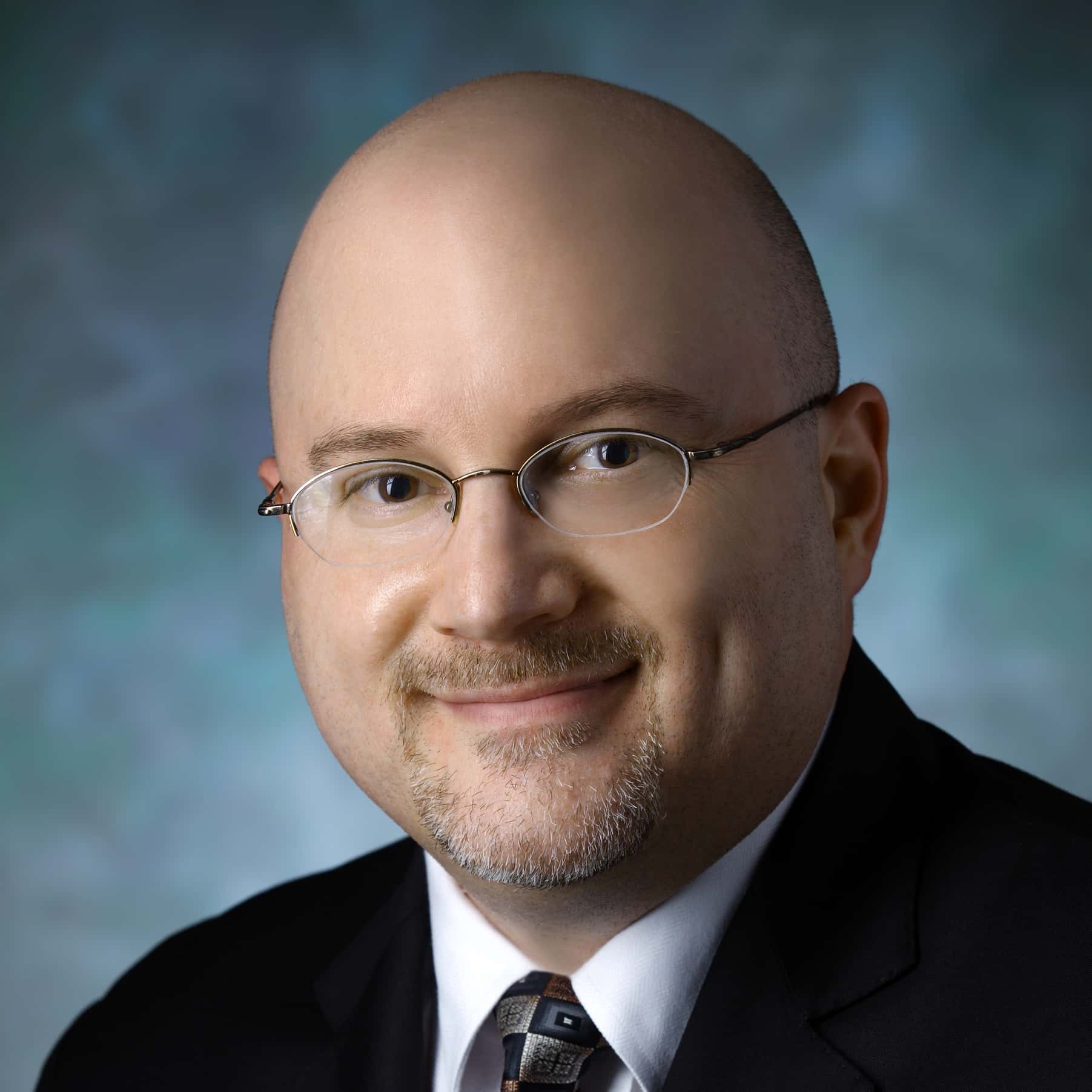
What Happens When Doctors Make Diagnostic Errors?
When you get sick, you need a diagnosis. If the diagnosis is wrong, the treatment won’t be appropriate. What happens when doctors make diagnostic errors? We talk with a leader in the Society to Improve Diagnosis in Medicine about his recent research.
What Diagnostic Errors Are Most Serious?
Clinicians make an estimated 12 million diagnostic errors every year, although the number might be even higher. As many as half a million to a million of these misdiagnoses result in serious patient harm. Dr. David Newman-Toker and his colleagues examined a database of settled malpractice claims to determine which conditions account for the preponderance of serious harms due to misdiagnosis. They found that the vast majority could be classified under one of three rubrics: cancer, cardiovascular events and infections.
How Can Doctors Make Fewer Diagnostic Mistakes?
Frequently, clinicians who have made diagnostic mistakes never hear about them. With an estimated 12 million misdiagnoses each year, however, we could count these errors among the leading causes of death in the US. Such blunders are rarely if ever listed on the death certificate as a cause of death. Would it help if they were? Should there be an Institute for Diagnostic Error Prevention among the National Institutes of Health?
How Can Patients Help Doctors Avoid Diagnostic Errors?
Systems errors that interfere with tests being done or the results reported in a timely fashion can contribute to diagnostic problems. However, many of the errors in diagnosis involve problems with clinical judgment–the way doctors approach the problem and the questions they ask, as well as the way they factor in the answers. One simple thing the patient can do is ask: “What is the worst thing this could be?” The appropriate follow-up question is: “Why do you think it is NOT that?” Patients should expect a serious answer based on their (accurately described) symptoms or lab work. A dismissive “I’m the doctor” answer is not adequate.
Close collaboration between physicians and patients gives everyone the best chance of avoiding diagnostic mistakes. If the doctor does not have a reasonable response, seek a second opinion.
What Patients Should Do to Help:
Dr. Newman-Toker recommends that patients take the following steps to minimize the chance of being misdiagnosed.
- Before the visit, prepare a concise but complete list of symptoms, with a timeline.
- During the visit, ask questions about anything you don’t understand. Be sure to ask what is the worst thing that the symptoms could signal and how the clinician will rule that out.
- After the visit, stay vigilant. If you don’t get better, get back in touch with the health care provider. Instead of simply saying the treatment didn’t work, suggest that you are not sure the diagnosis is correct because the treatment isn’t working. If necessary, seek a second opinion.
Top Ten Questions to Ask to Reduce Diagnostic Errors:
- What are my primary concerns and symptoms? (to make sure the doctor understood what you said)
- How confident are you about this diagnosis?
- What further tests might be helpful to improve your confidence?
- Will the test you are proposing change the treatment in any way?
- Are there any findings or symptoms that don’t fit your diagnosis or that contradict it?
- What else could this be?
- Can you facilitate a second opinion by providing my medical records?
- When should I expect to see my test results?
- What resources can you recommend for me to learn more about my diagnosis?
- May I contact you by e-mail (or another method) if my symptoms change or if I have an important question? Contact information?
You will find these questions and many more in our book, Top Screwups Doctors Make and How to Avoid Them.
This Week’s Guest:
David Newman-Toker, MD, PhD, is Director of the Johns Hopkins Armstrong Institute Center for Diagnostic Excellence and Director of the Division of Neuro-Visual & Vestibular Disorders in the Department of Neurology. He is also Professor of Neurology at Johns Hopkins University School of Medicine.
He is a leader in the Society to Improve Diagnosis in Medicine. The national conference is November 10-13, 2019.
His article, “Serious misdiagnosis-related harms in malpractice claims: The “Big Three” – vascular events, infections, and cancers” was published in Diagnosis. The photo is courtesy of Johns Hopkins Medicine.
Listen to the Podcast:
The podcast of this program will be available the Monday after the broadcast date. The show can be streamed online from this site and podcasts can be downloaded for free. CDs may be purchased at any time after broadcast for $9.99.

